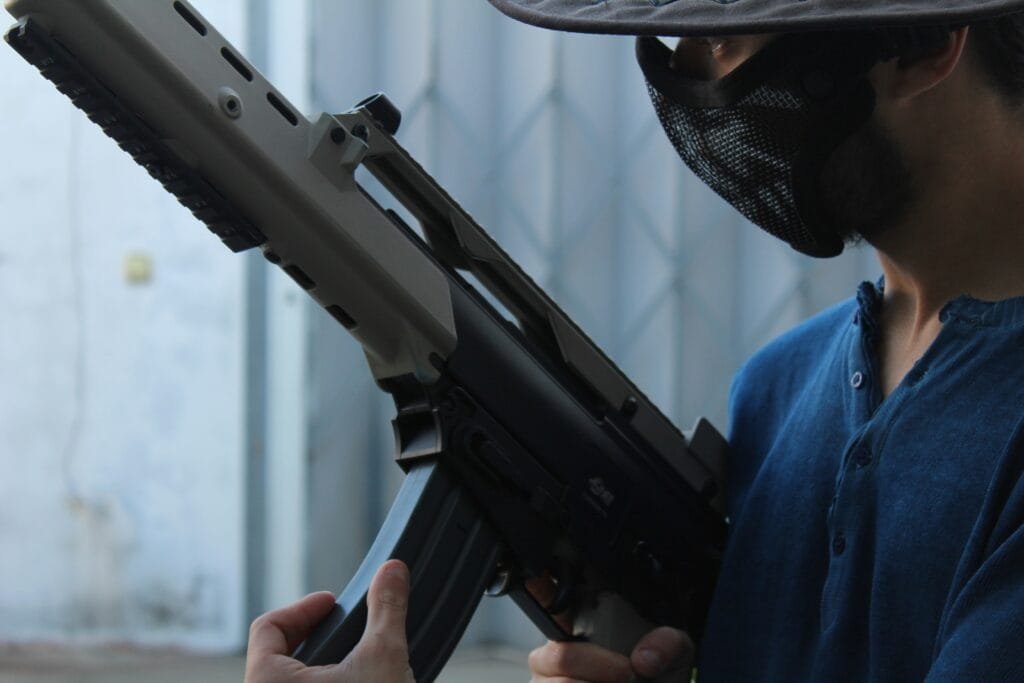The rapid integration of AI technology into warfare is creating a new frontier in defense strategies, including the unsettling concept of AI-controlled machine guns. Autonomous weapons—often referred to as lethal autonomous weapon systems (LAWS)—are a powerful innovation but raise critical ethical and legal challenges. Imagine a machine gun that doesn’t just fire with precision but decides on its own when to shoot, based on algorithms processing vast amounts of data in milliseconds.
AI-driven weapons are appealing to some military strategists because they offer the potential for precise, strategic, and risk-minimizing operations. AI machine guns could analyze enemy positions, assess threats, and even distinguish between combatants and civilians, theoretically reducing collateral damage. However, while this seems promising, the technology isn’t perfect. Even the most advanced algorithms can make errors, particularly in complex, real-world battle conditions where clear-cut distinctions between friend and foe are rare. A single misjudgment could have catastrophic consequences for civilian lives and could spark international conflicts.

The Legal Grey Area
From a legal standpoint, the question becomes: who is responsible when a machine’s “decision” leads to unintended harm? Current international law has not fully adapted to address AI’s role in warfare. The Geneva Conventions and International Humanitarian Law (IHL) focus on the responsibilities of humans, not machines. While some countries advocate for an outright ban on LAWS, others, including the U.S. and Russia, argue for regulatory measures rather than prohibition. They believe existing frameworks can adapt to include autonomous systems, though this remains a divisive issue.
AI’s Moral Quandary in Warfare
At the heart of the AI machine gun debate is an ethical dilemma: is it morally defensible to entrust machines with decisions of life and death? Unlike human soldiers, AI lacks empathy and may not fully understand the gravity of taking a life. Furthermore, while soldiers are trained to assess situations with ethical principles in mind, AI machine guns operate on cold logic without considering the emotional impact. Critics argue that AI lacks the judgment needed to make moral choices, especially in the fog of war, where situations change in an instant.
Incorporating these weapons might lead to an “arms race” in AI technology, with nations seeking the most advanced autonomous systems for military superiority. As this technology advances, it may become increasingly difficult to draw a clear line between defensive and offensive capabilities, raising concerns about global security and stability.
Looking Forward: Regulating AI in Warfare
Given the potential dangers, experts are calling for strict guidelines on the development and deployment of AI weapons, including machine guns. While some countries and organizations advocate for a complete ban on autonomous weaponry, others believe responsible use is possible through rigorous oversight. For instance, the concept of “meaningful human control” over AI weapons suggests that a human should be involved in critical decisions, such as engaging a target. This measure could help maintain accountability and reduce the risk of unintended harm.
In the meantime, as military powers invest in AI technology, they face the complex task of balancing innovation with ethical considerations. Countries need to cooperate on establishing international standards that prevent misuse while allowing for technological advancements that could ultimately protect lives.


